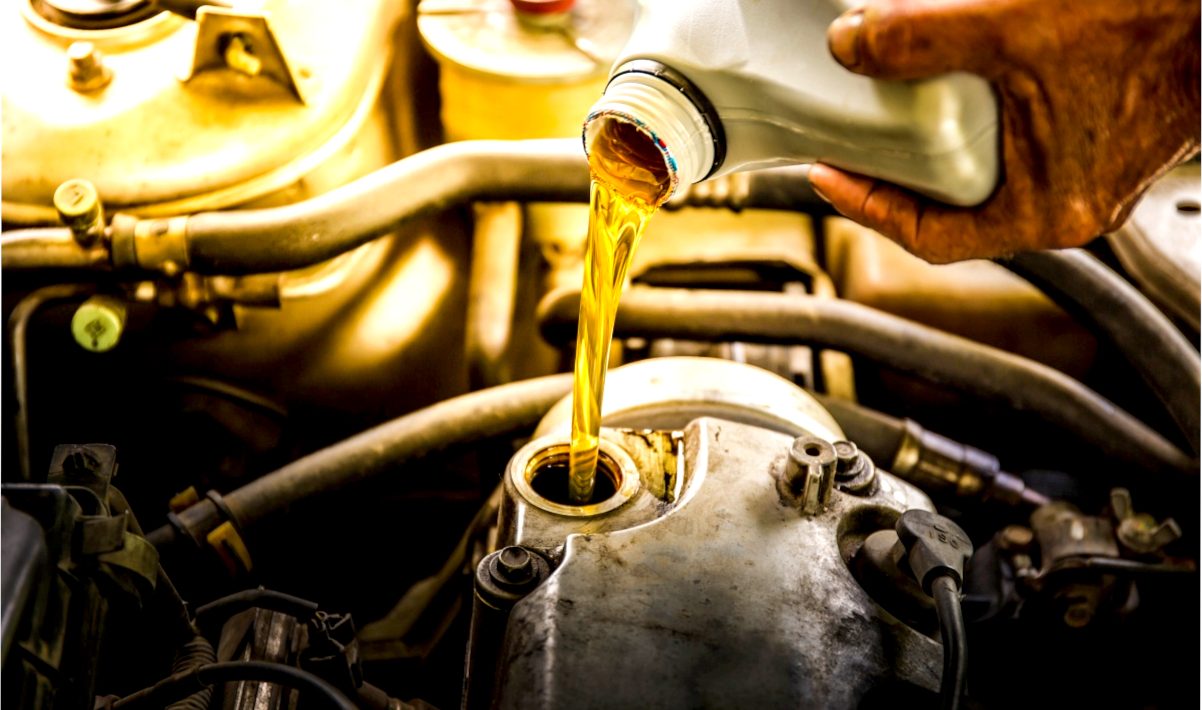Regular oil changes are a vital aspect of vehicle maintenance, playing a significant role in preserving the health and longevity of your engine. Engine oil lubricates, cools, and cleans the engine’s internal components, ensuring smooth operation and minimizing wear and tear.
This article will explore the science behind oil changes and discuss best practices for maintaining engine health.
Table of Contents
Understanding engine oil: Function and properties
Engine oil serves several critical functions within the engine. It lubricates the moving parts, reducing friction and minimizing heat generation. It also acts as a coolant, absorbing and dissipating heat away from the engine. Furthermore, engine oil plays a crucial role in cleaning the engine by suspending contaminants and preventing their accumulation on sensitive components.
Choosing the right engine oil is essential. It should meet the specifications recommended by the vehicle manufacturer, including viscosity grade and performance standards. Viscosity refers to the oil’s resistance to flow at different temperatures. The appropriate viscosity grade ensures optimal lubrication across a range of operating conditions.
Engine oil also contains additives that enhance its performance. These additives protect against oxidation, corrosion, and wear. They help maintain oil stability and cleanliness throughout its service life.
Oil change interval: Determining the right frequency
The frequency of oil changes depends on several factors, including the type of oil used, driving conditions, and the manufacturer’s recommendations.
Conventional wisdom previously suggested changing the oil every 3,000 miles or every three months. However, oil and engine technology advancements have extended oil change intervals for many vehicles.
Manufacturers now often recommend oil change intervals based on mileage and driving conditions. Modern synthetic oils have improved durability and can maintain their properties for longer. However, more frequent oil changes may be necessary if you frequently drive in severe conditions such as stop-and-go traffic, towing, or extreme temperatures.
It’s essential to consult your vehicle’s owner’s manual or the manufacturer’s recommendations to determine the appropriate oil change interval for your vehicle and driving habits. Following the recommended interval ensures optimal engine protection and performance.
The importance of proper oil filter maintenance
The oil filter is a crucial component in the lubrication system that helps remove contaminants from the oil. Over time, the oil filter can become clogged with debris and lose effectiveness. This can lead to reduced oil flow and compromised engine protection.
Regularly replacing the oil filter is essential to maintain the health of your engine. Replacing the oil filter during each oil change is typically recommended to ensure maximum filtration efficiency. Choosing a high-quality oil filter that meets or exceeds the manufacturer’s specifications is crucial for effective contaminant removal and uninterrupted oil flow.
DIY vs professional oil changes: Making the right choice
Oil changes can be performed as a do-it-yourself (DIY) task or by a professional service technician. Both options have their advantages and considerations.
DIY oil changes give you more control over the process and can be cost-effective. However, having the necessary knowledge, tools, and experience to perform the job correctly is crucial. This includes safely lifting the vehicle, properly draining the old oil, and ensuring a tight seal when replacing the oil filter and adding fresh oil.
On the other hand, professional oil changes offer convenience and expertise. Certified technicians have the training and experience to perform oil changes efficiently and effectively. They can also inspect other vehicle systems and identify potential issues requiring attention.
Signs of oil-related issues: Detecting problems early
Monitoring your vehicle for signs of oil-related issues is crucial for early detection and prevention of potential engine problems.
Here are some common signs that may indicate oil-related issues:
Oil leaks: If you notice oil spots or puddles underneath your parked vehicle, it could indicate an oil leak. Leaks can occur due to worn gaskets, seals, or damaged oil pans. It’s essential to address oil leaks promptly to prevent oil loss and potential engine damage.
Low oil level: Regularly check your engine oil level using the dipstick. If you consistently find that the oil level is low, it may indicate an underlying issue, such as a leak, burning oil, or excessive oil consumption. Consult with a professional to diagnose and resolve the problem.
Engine noise: Insufficient lubrication can result in increased friction and mechanical noise. If you hear unusual engine noises like knocking, tapping, or grinding, it could indicate inadequate lubrication due to low oil levels or degraded oil quality.
Dark or dirty oil: Over time, engine oil accumulates dirt, debris, and contaminants, causing it to darken. If you notice excessively dirty or sludgy oil during an oil change, it may indicate poor maintenance or a need for more frequent oil changes. Fresh, clean oil is vital for proper engine lubrication and protection.
If you encounter any of these signs, addressing them promptly is essential. Consult with a qualified mechanic to diagnose the issue and perform necessary repairs or maintenance to avoid potential engine damage. Ensure that your mechanic has a sound understanding of how to clear car codes before you make a decision on who to hire.
With that said
Regular oil changes are the cornerstone of engine health and longevity. Understanding the function of engine oil, determining the appropriate oil change interval, maintaining the oil filter, and choosing between DIY and professional service are all essential aspects of proper oil change practices.
By adhering to these best practices, you can ensure optimal lubrication, cooling, and cleaning of your engine, promoting its longevity and reliable performance. When it comes to oil changes, investing in preventive maintenance today can save you from costly repairs tomorrow.





